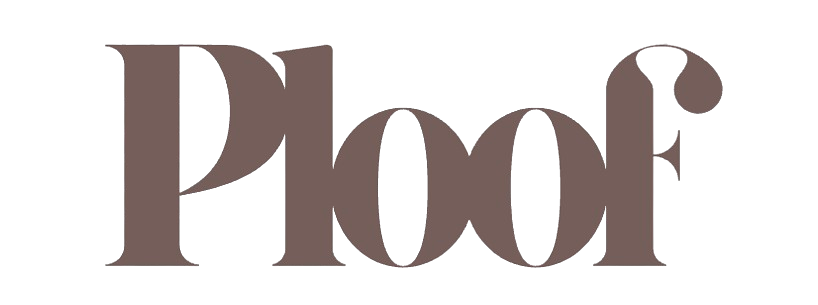Your 24/7 Listening Ear.
YOUR ALWAYS-THERE AI COMPANION
With Ploof, you have an empathetic and knowledgeable AI companion that offers you a safe space to talk and get personalized support.
Unpack anything, anytime - the more you share, the smarter it becomes
AI THAT CARRIES THE MENTAL LOAD
Smart AI. Lighter Load.
Utilize our AI calendar to intelligently organise help, assign tasks, and even schedule your "breather breaks" before you get overwhelmed.
Reclaim your time and peace!
Care Rooted in Your Culture.
CARE THAT FEELS LIKE HOME
We adapt wellness strategies to your traditions, like Zuò Yuè Zi or La Cuarentena, honoring your heritage and making care truly personal.
-
This cherished 30-day postpartum confinement is a time-honored tradition for mothers to deeply rest and recover. It focuses on gentle restoration through specific warming foods, herbal remedies, and avoiding cold, all designed to replenish the mother's energy and ensure her long-term well-being. It's a beautiful period of dedicated care, allowing new mothers to fully embrace healing and bonding.
-
A deeply rooted postpartum confinement, typically lasting 44 days, where mothers embark on a holistic journey of physical and spiritual recovery. This tradition embraces nurturing practices like soothing traditional massages, beneficial herbal remedies, comforting heat therapy (bertungku), and mindful dietary adjustments, all aimed at restoring the mother's strength, vitality, and overall harmony after childbirth.
THE “INNER CIRCLE” YOU WISH EXISTED
Your Tribe. Real Talk.
Ploof's Inner Circle feature allows you to connect anonymously with your very own support group of parents - providing a safe space for non-judgmental and real conversations about the modern day pressures of parenthood
You'll never be alone anymore!
Let’s Be Real
The best parenting app shouldn’t be built for parents — it should be built with parents. That’s where you come in.
Sign up & join our inner circle of early testers, give feedback, and help craft the mental health platform you actually want at 3AM (with a snack in one hand and a baby in the other).
(Or just come lurk 👀— we love that too.)
FAQ
-
If you're expecting, or you've got a little one or two…or three!, and you're looking for proactive ways to stay sane, lighten your mental load, and get support, Ploof's got your back… and your partner’s too!
-
Ploof is definitely legit. It's built on solid clinical insights and evidence-based techniques. We're all about proactive support that aligns with proven principles for mental well-being. So, yes, good vibes and good science.
-
Ploof stands apart because unlike trad therapy, it focuses on prevention rather than waiting for a crisis to arise. Our productivity wizard is grounded in Adlerian psychology and is specifically designed to help you stay ahead of challenges with actionable plans to overcome them.
-
We believe your support should feel like nurturing care from an older generation. Ploof blends modern wellness with traditions like Chinese Zuò Yuè Zi or Malay Pantang. It's about honoring your roots and making sure the guidance you get feels super personal and authentic to your heritage, at your most vulnerable time.
-
Our empathetic AI companion is your 24/7 go-to. Spill whatever's on your mind, judgment-free. It'll give you personalized tips based on your vibe. And here's the cool part: the more you chat, the smarter and more helpful it gets – like a friend who truly listens.
-
OMG, yes! Our smart family calendar is next-level. It doesn't just remind you about doctor's appointments; it's like your personal assistant. It'll automatically sort out night shifts with your partner, rally friends for meal trains, and even schedule those much-needed "me-time" breaks before you're totally burnt out.
-
Ploof is your proactive companion for support and prevention. If you're going through a really tough time or feel like you're in crisis, please, please reach out for professional medical help immediately. Ploof isn't a substitute for emergency care or a diagnosis from a doctor.
-
Your privacy and data security are our top priority. We handle all your sensitive info with super strict confidentiality, following all the right rules to keep everything safe and sound. Your peace of mind matters.




